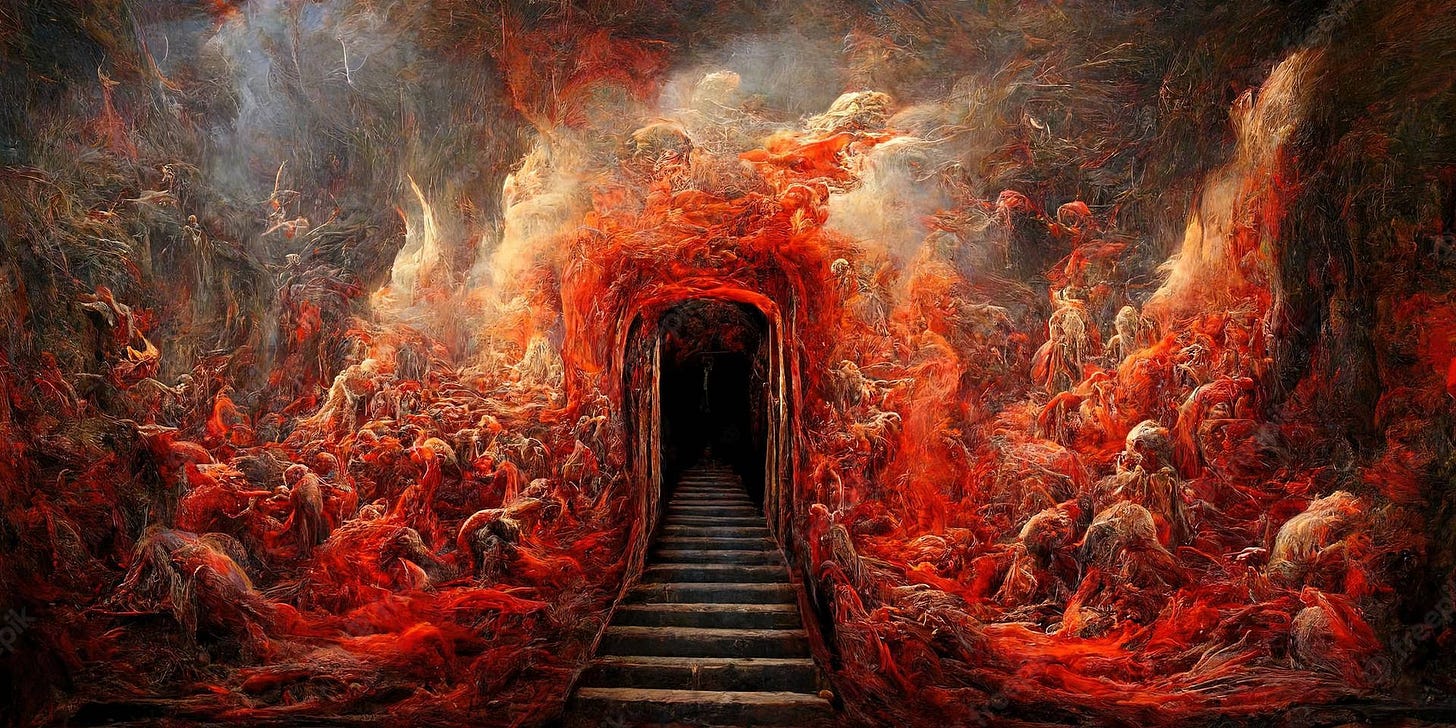Both central and local government sell debt securities—aka bonds—regularly.
Every week or so.
This is how they raise funds to operate day-to-day.
This is the RBNZ’s balance sheet.
What the hell happened in 2020?
What happened was the RBNZ started buying Government Bonds and Local Government Bonds. What the Reserve Bank calls the
I’m writing a play. Here’s some dialogue from it:
Bob1 — Does the RBNZ normally buy government debt?
Bob2 — No.1Bob1 — Why did the RBNZ buy it starting in 2020 then? And why so much?
Bob2 — Well 2020 was the covAIDS fraud of course; scams are expensive and government needed money. PR…marketing…advertising…stickers…QR codes…lockdown dole…you know the sort of thing. No one wanted to buy the debt, or at least not for the money government needed?Bob1 — ?
Bob2 — Like all central banks the RBNZ is a lender of last resort. When the debt-market collapses, that is none of the usual buyers will offer a high enough price, the central bank steps in and buys the debt, ensuring the sale, and the price of the debt. The usual buyers know this of course.Bob1 — And if the RBNZ hadn’t bought the bonds…?
Bob2 — [nodding]…that’s right. Local governments would have probably abruptly stopped functioning, central government may have lasted a bit longer? No money you see…Bob1 — Where did the RBNZ get the money from?
Bob2 — They created it from nothing; 'printed’ it from thin air as Adrian Orr said. You can see it in the data.2Bob1 — Hence the consumer price inflation???
Bob2 — Exactly. Or more accurately that money printing was one of its important causes. There are other factors.Bob1 — !!!#*¡¤&@!³€½%*!!!
Bob2 — [silence]Bob1 — Why would no-one else buy these bonds, or offer a high enough price?
Bob2 — That is the key question.Bob1 — ?
Bob2 — Because everyone knew the value of these bonds would collapse. If you can avoid it, why buy today when you know the price is going to be cheaper tomorrow.Bob1 — And did the bond prices collapse?
Bob2 — Of course.Bob1 — Did the RBNZ know it was going to happen?
Bob2 — Without question, to my mind.Bob1 — !!!#*¡¤&@!³€½%*!!!
Bob2 — [silence]Bob1 — Explain.
Bob2 — The RBNZ made sure they had an out. An escape. A get out of jail free card.Bob1 — ?!?!?!
Bob2 — The RBNZ got a type of insurance policy from the Government. RBNZ Governor Adrian Orr and then Labour Party Finance Minister Grant Robertson signed what is called a memorandum of understanding (MoU).Bob1 — ?!!!!
Bob2 — This MoU essentially meant that when the bond price collapsed the Government, that is YOU—the taxpayer—would bail the RBNZ out and cover the losses.Bob1 — And they all knew there would be losses? The RBNZ? The Government?!
Bob2 — Well…I knew. As early as March 2020, but its roots go back much further. Over a decade ago. It was being called the ‘bondpocalypse’ even then…Bob1 — bondpocalypse??!!
Bob2 — …bondpocalypse…when the bond prices would collapse The timing was unknown of course, but it was inevitable by 2010; just a matter of time. In March 2020 it was obviously only months away. Did Robertson know? I’ve no idea…but he’s hardly the sharpest knife in the drawer…so…Bob1 — [starting to turn red]
Bob2 — But I’d be amazed if Robertson’s advisors didn’t know. The Treasury for example. They are bankers after all. If they worked for me and claimed they didn’t know I’d sack them quick smart. Everyone in the industry knew it was coming.Bob1 — [getting redder]
Bob2 — As for the RBNZ…I don’t know for a fact who asked who for the MoU. I’d be very surprised if the idea originated with Robertson...as I say, a blunt knife. But the Treasury maybe. Or the RBNZ. That’s where my money would be.Bob1 — Was this a taxpayer funded bailout then? Unannounced?
Bob2 — What do you think?Bob1 — …mmm…how much for?
Bob2 — [silent…thinking of the RBNZ balance sheet]Bob1 — Is this corruption!!!???
Bob2 — [silent…looking into Bob1’s eyes… not blinking…just thinking…eventually…]
Bob2 — You might say that. I couldn’t possibly comment.Bob1 — So these bonds…what has the RBNZ been doing with them?
Bob2 — Trying to sell them. They have sold some. With big losses. As expected. The RBNZ’s OK though. You, your children, your grandchildren…will pick up the tab.Bob1 — !!!#*¡¤&@!³€½%*!!! [now very red]
Bob2 — [silence]
This could be a much longer scene. But fiction’s difficult and I’m a hopeless playwright. The truth is so much easier.
So I think I’ll stick to truth and gardening.
ADDENDUM: 10 minutes after putting this post out I watched James’ (
) latest interview with John Titus at . It’s relevant to this post.Appendix — Some bond links
A rough translation. Nominal bonds are debt the Crown sells, and maybe buys back if necessary. The debt—the ‘loan’—is for at least one year. Interest is paid by the taxpayer for the duration of the loan.
Some definitions
Debt security — A debt security is debt that can be bought or sold between two parties.
Repurchase — A repurchase agreement (repo) is a form of short-term borrowing. For a repo, a dealer sells government securities to an investor, usually overnight, and buys them back the following day at a slightly higher price.*
Maturity — Maturity is the date on which the life of a transaction or financial instrument ends.
* When the buyer, aka the ‘investor,’ is the central bank, and the debt security is held indefinitely, this is a bailout; so-called quantitative easing.
New Zealand Government bond auction information here…
https://debtmanagement.treasury.govt.nz/
New Zealand Local Government bond auction information here…
https://www.lgfa.co.nz/bonds-issuance
See who owns the government debt here…
https://www.rbnz.govt.nz/statistics/series/new-zealand-debt-securities/holdings-of-central-government-debt-securities
See the RBNZ’s purchase and sale of bonds here (what they call Open Market Operations)…
https://www.rbnz.govt.nz/statistics/series/reserve-bank/open-market-operations
I realised on re-reading that the answer to this question should be “not much, only a little bit”, not “no.” They do regularly buy a small amount to support their cash business, but that’s a different conversation.
“printed it“
As per Adrian Orr’s statement to the Finance and Expenditure Select Committee in February 2024…”it’s a great time to be a central banker…we print money…and people believe it…touch wood”
“in the data“ — https://www.rbnz.govt.nz/statistics/series/reserve-bank/our-balance-sheet











NZ will need some more money printing to pay compensation to all the vaccine injured.
There's already a huge non-producing industry going on on the back of the scamdemic: putting sick people in spare bedrooms and billing the Department of Death; mental health advisors training more mental health advisors.
Most everyone seems to be either a care giver or a care receiver.
Is that the entrance to King Charles’ bedchamber?